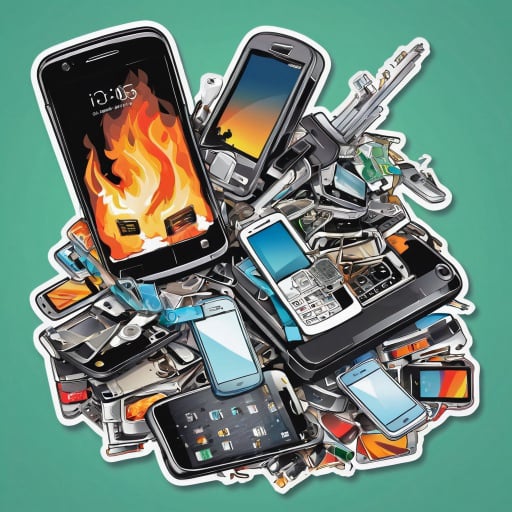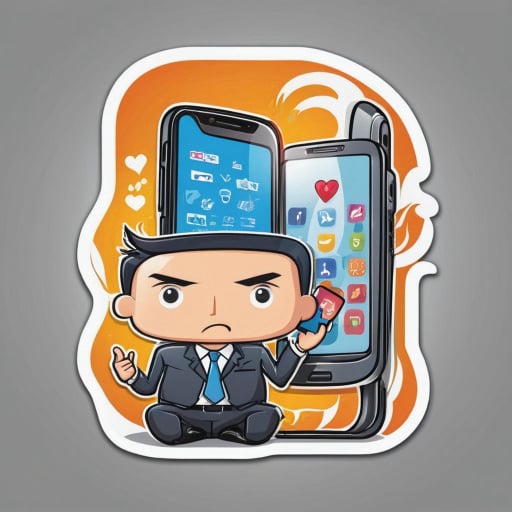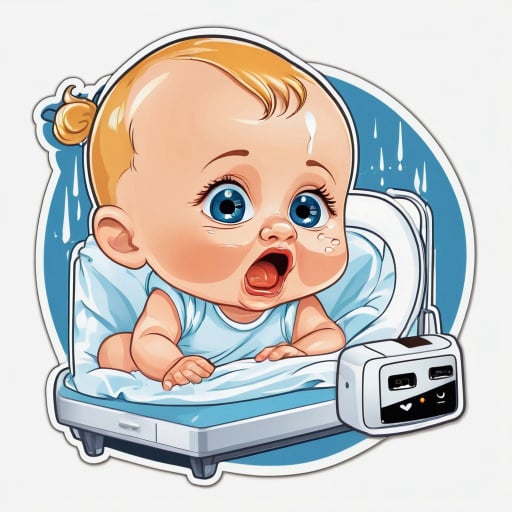The German big G.
Internet of Things (IoT) systems are crucial in multiple applications, e.g. for safety of patients in elderly homes and hospitals. They are also broadly used for property monitoring, access control and much more. There are many companies in Germany and all over the world which produce or invest in such solutions. One of them become an example how deeply things can go wrong in this field.
For legal reasons we can't name publicly now which one of those firms decided to treat safety and rights of many thousands of its European clients and coworkers as garbage and grime. But we hope that harmed people and media will name it fast. Even if the company can try to change names, evade by phoenixing or hide behind new investors. The stigma of deliberate wrongdoing will go with the culprit. This is the way.
Some of the info given below was earlier not known to many. Among clients of the company some of it can build more anger. But it can also offer the prospect of getting back lost money, finding justice, and gaining a sense of internal peace. Please read on, share and support.


















Share this page